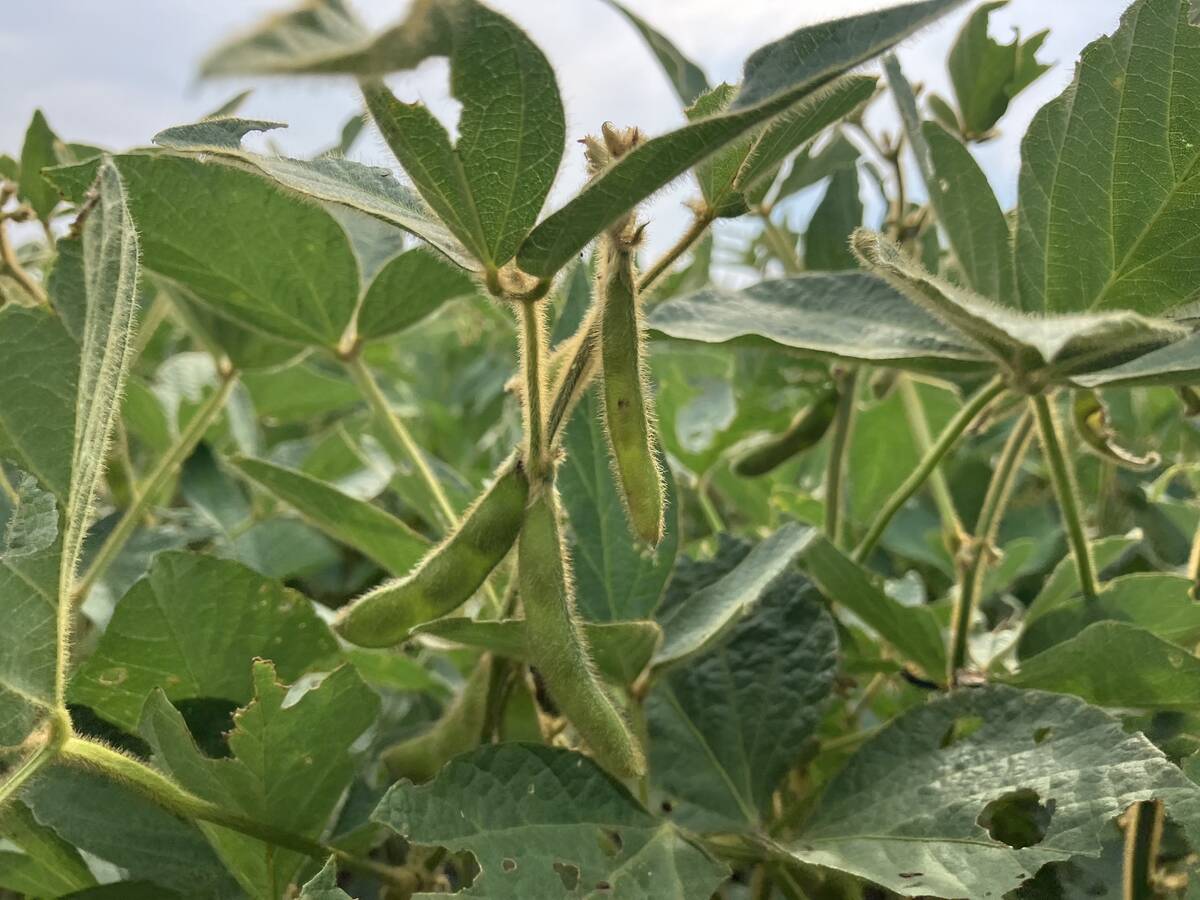STETTLER, Alta. – If the Canadian Wheat Board is going to survive as a marketer of farmers’ wheat and barley, it must develop business partnerships around the world, said the head of the grain marketing agency.
Ken Ritter, chair of the board, said Canadian farmers could see their traditional markets slowly disappear unless the board forms joint ventures and strategic
alliances around the world.
“For Canadian farmers to interact with the world on marketing we have to do more than we’re doing right now because our competitors are doing more,” Ritter told farmers during a CWB Farmer Forum.
Read Also

U.S. loses out on sales of soybean to China
U.S. soybean exporters risk missing out on billions of dollars worth of sales to China this year as trade talks drag on and buyers in the top oilseed importer lock in cargoes from Brazil.
Recently the board announced it would help fund a milling and food-processing training centre in China in an effort to strengthen trade. The centre would be similar to the Canadian International Grains Institute in Winnipeg that specializes in education and technical information of Canadian grain.
“Rather than having Chinese buyers come to Canada, various buyers could see research there and that would be a market advantage,” said Ritter, who hoped supply contracts with China would then follow.
Ritter said the Australian Wheat Board is no longer just a marketer of Australian grain, but has ownership in Landcorp, a rural farm supply company.
Other countries are investing in flour mills to ensure long-term grain contracts with the consuming countries.
“That’s what we are going to have to do to be competitive with them. Are we buying shares in flour mills now? Obviously not. This is a vision where the future will go and where we will go for Canada and the CWB.”
Before any alliances can be formed, there must be changes to the board’s powers, plus the formation of a financial plan for making investments.
“We don’t have the precise exact way of doing that other than knowing that it has to be done,” said Ritter.
He said the board may be forced to make changes because of World Trade Organization talks.
Any joint venture would need to follow a number of goals including making money for farmers.
“Our whole reason is maximizing returns for farmers. That would be the ultimate backstop.”
Forming strategic alliances with other companies to ensure long-term supply contracts will not be easy, but is needed so Canada stays competitive, said Ritter.
“Is it easy? Absolutely not. Is it necessary? Yes, because our competitors are doing that.
“If we don’t do that, the net result will be that our markets will be slowly and surely eroded by those who are doing it.”
Rob Somerville of Endiang, Alta., said he’s not opposed to the board broadening its mandate to ensure it keeps its present markets.
“It’s an opportunity they can’t ignore,” Somerville said during the meeting.
















